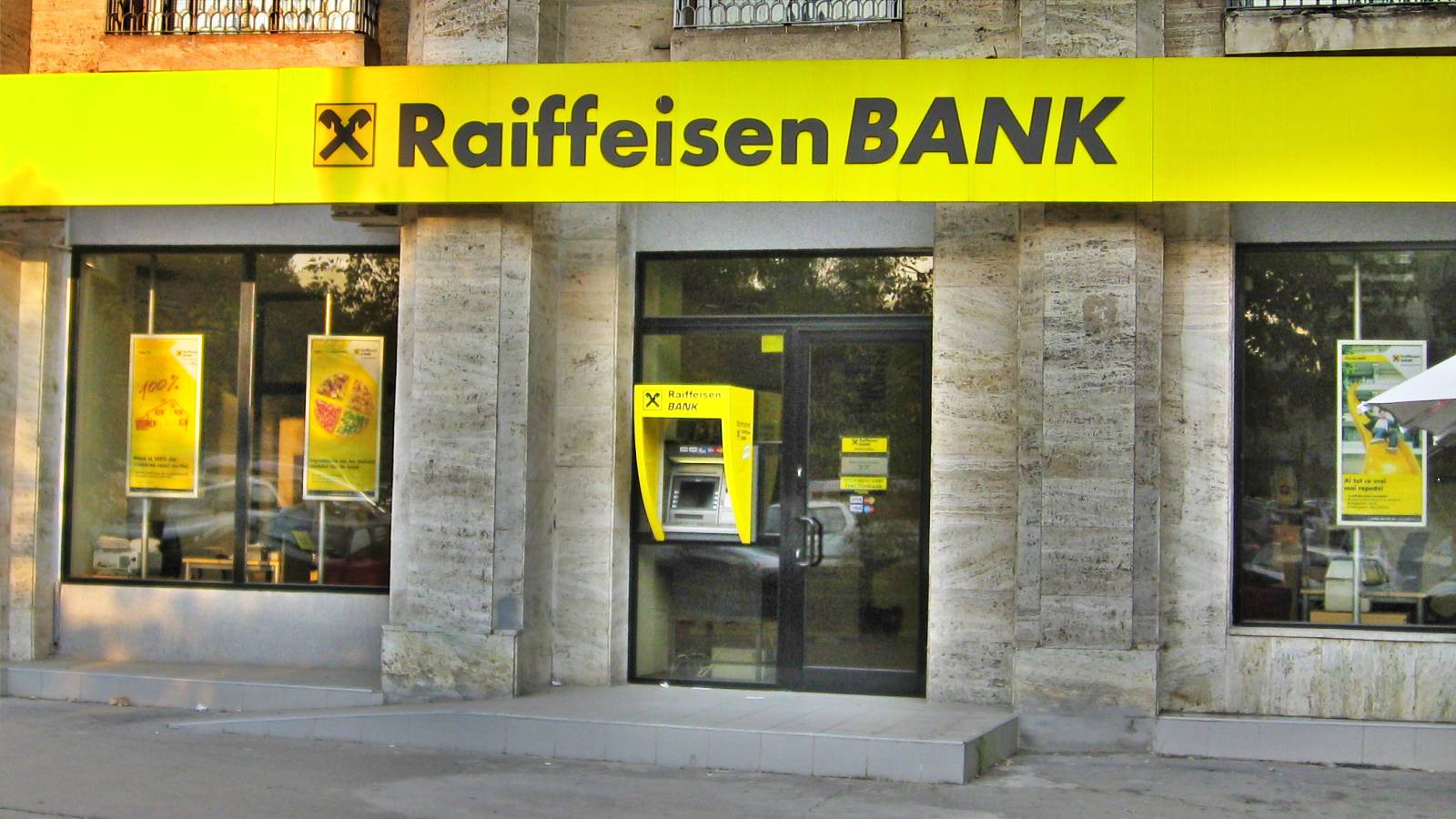Raiffeisen Bank continues the series of warning messages for its customers from all over Romania, and this is because it tries to offer customers the security they need to use its banking services at the moment. Those from Raiffeisen Bank convey to customers from all over Romania the fact that they should use the website specially made for information on banking security in order to learn how to protect themselves against cyber attacks.
Raiffeisen Bank has been trying for several weeks to help its customers learn how to protect themselves against problems of this kind, especially since the number of cyber attacks is constantly increasing at this time of the year. Raiffeisen Bank knows very well how important it is for its customers to know how to realize if they are the targets of a phishing attack, and this is because many people have been targeted by them and have been tricked, unfortunately.
Raiffeisen Bank: ATTENTION! The message that customers need to know
Raiffeisen Bank promotes a website made by the Romanian Banking Association for clients in Romania with the idea of teaching people how to have the stolen data, and from there to have the money stolen by the hacker. Raiffeisen Bank is not the only bank from which we see important messages of this kind sent to the client, and this is because the problem is a complicated one that affects a very large number of people from all over the country now.
Raiffeisen Bank also has a variety of information on its website for those who want to learn how to protect themselves against phishing attacks, but not a tool to help people check their knowledge. There is one in the special website made by the Romanian Banking Association, so there you can check your knowledge to know if you have the necessary knowledge to protect yourself against attacks of this kind, or not.
Raiffeisen Bank will continue to send messages of this kind to customers to try to protect them against phishing attacks, but implicitly also the theft of money that usually comes along with them.








